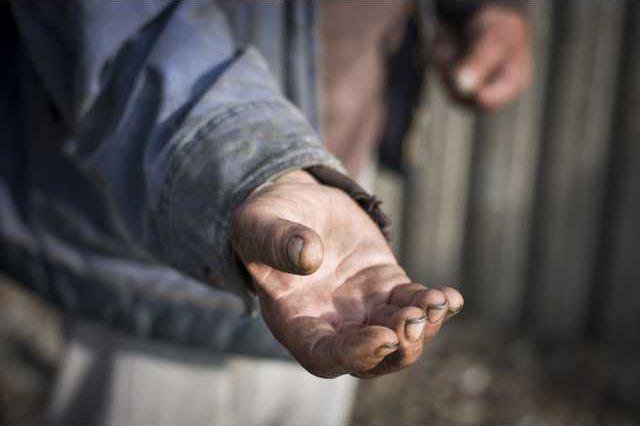![]() Since January, 21 U.S. cities have placed restrictions on sharing food with homeless people, and 10 more cities have plans to do so.
Since January, 21 U.S. cities have placed restrictions on sharing food with homeless people, and 10 more cities have plans to do so.
According to a report released last week from the National Coalition for the Homeless, legislative action and community pressure is "criminalizing" feeding the hungry — and pushing the problem of hunger "out of sight."
“One of the most narrow-minded ideas when it comes to homelessness and food-sharing is that sharing food with people in need enables them to remain homeless,” the report said.
Food sharing is restricted by passing laws that require food permits to distribute food in public, such as on the street or in parks. Another method is stringent food-safety requirements.
The third, and perhaps most subtle method, according to NCH, is community restrictions set by homeowners and business owners who want to keep homeless "out of their backyard," and pressure food pantries and other services out of their neighborhoods, so that homeless aren't "attracted" to their area.
One in six people in the U.S. struggles to get enough to eat, according to Feeding America, and failure to serve these populations puts vulnerable people at risk, according to the NCH.
"If cities continue to restrict or ban the compassionate act of food-sharing, homeless individuals' physical, mental and emotional health will suffer and deteriorate over time," says the report.
The general public shares food in lots of occasions and situations — at schools, in homes, at fundraisers — but "only a homeless person is going to see the inside of a jail cell for performing these activities," Paul Boden, director of Western Regional Advocacy Project that launched the Homeless Bill of Rights campaign, told Al Jazeera. The NCH calls the restrictions "discriminatory."
The restrictions come at a time when more people and families rely on food pantries to put food on the table. A Hunger and Homelessness survey by the U.S. Conference of Mayors said that 19 of the 25 cities in the report had an uptick in requests for emergency food assistance in the last 12 months.
The same survey found that all responding cities said that "emergency kitchens and food pantries had to reduce the quantity of food persons could receive at each food pantry visit or the amount of food offered per-meal at emergency kitchens. In 78 percent of these cities, they had to reduce the number of times a person or family could visit a food pantry each month.”
Email: laneanderson@deseretnews.com





